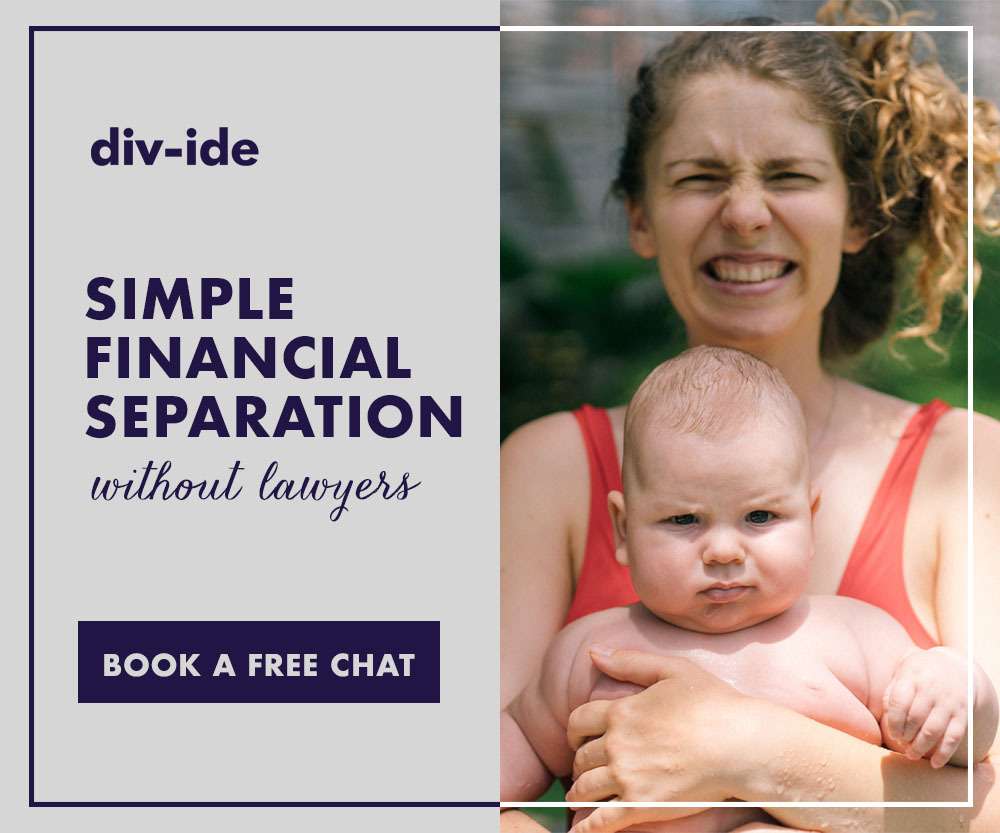
This article about super and divorce was last updated in 2021.
Superannuation is an area that most of us understand as a broad concept. Digging into the specifics can be overwhelming. However, if you and your partner have separated, now is the time for you to learn about your super and understand your partner’s super. If you don’t understand superannuation when you divorce it could cost you in your financial settlement.
The following five tips will give you guidance on where to start with super post separation.

For more support listen to this helpful podcast: How super works when you separate.
SUPERANNUATION AND SEPARATION
Update your nominated superannuation beneficiary
Normally we nominate who our superannuation balance is to be paid to in the event of our death when we open a member account with a superannuation fund. This nominated person is called our nominated beneficiary and is often our spouse or partner.
When you separate from your partner, you will want to review and update your nominated superannuation beneficiary as soon as possible – as we often want to change our nominated beneficiary post separation, from our partner to our children.
Your superannuation (“super”) is not normally covered by your will, as your will only covers assets that you own. Your super is held for you on trust by the trustee of the super fund, so different rules apply. For this reason, your super fund must be kept up to date with your instructions.
Your superannuation balance
Contact your super fund and obtain details of your superannuation balance as at your separation date. If you don’t have an online member account, register for one, as this is an easy and efficient way to get access to your up to date member balance as required.
Download a copy of your most recent annual superannuation statement as this will show the type of balance you have in super and the different benefit components – all of which need to be understood and factored into your future property settlement. You will disclose this information to your ex-partner and will also receive comparable information from your ex-partner in relation to their super balance.
Self-Managed Superannuation Funds (SMSF’s)
If your super balance is in a SMSF, normally you and your partner will both be members of this fund.
The difference between a SMSF and other types of funds is that the members of a SMSF are usually also the trustees. This means that the members of the SMSF run it for their benefit and are responsible for complying with the super and tax laws.
The financials and member account balances for SMSF’s are normally only calculated on an annual basis at the end of each financial year.
Obtain a copy of the most recent financial statements for your SMSF from your accountant, as this will provide you with the relevant member balance information for both yourself and your ex-partner, that will need to be understood and factored into your future property settlement.
Superannuation can be split
Each party’s superannuation balance is an asset, which needs to be disclosed and considered in a financial settlement.
Superannuation balances can be split and a portion transferred to the other party as part of a financial settlement, but superannuation must stay in the superannuation environment.
It is possible to split member balances in a SMSF, but as the structures and investments within the SMSF are often complex, specialist advice is required to disentangle the fund.
These superannuation splitting laws apply to married or de facto couples in all States and Territories of Australia, with the exception of de facto couples in Western Australia.
Member to rollout of SMSF
A typical SMSF will have the husband and wife or the defacto partners as members.
When a property settlement is agreed, commonly one of the members will agree to leave the SMSF and rollover their balance to another complying superannuation fund, as it is no longer practical or desirable for them both to remain in the same SMSF.
This is possible but specialist advice is required to ensure the SMSF continues to comply with the strict requirements (when one member is planning to roll out their balance), as only complying SMSF are eligible for tax concessions and entitled to receive contributions from members.
Further reading: 5 Surprising facts about dividing your assets after separation.














